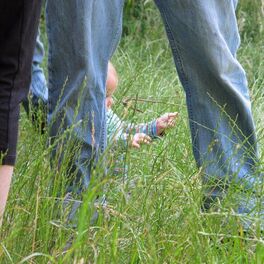|
I remember attending a "playgroup" many years ago with my daughter. I sat there observing. I observed the children, some were ready and off, others were not ready and were being cajoled into doing something that looked like play. The parents, busy getting the children started, busy directing and busy with helping hands. Was this play? Was it self-chosen, self-initiated, self-directed, was it independent play? No, not really. At best we could call it "dependent play". Then something amazing happened. The adults got deeply engrossed in a conversation and turned their backs on the children, who began to play, play in its purest form. Play that was coming from them, they were directing their play, making choices and working through their problems unaided. They were learning, and they were in the 'flow state'. Then something changed again. The organiser broke away from the conversation, went over to the group of children, interrupting them to ask them to tell her about their play. The play stopped. As play allies, we need the skills to step back, watch the play unfold, and support an environment that allows for the fundamental characteristics of play to be honoured. When we observe, we don't need them to explain. When we observe, we support play. When we observe, we learn more about the child and what they are learning, interested in, and capable of. Nature Play - take a step back and observe your child at play Written by Clare Caro
|
|
Copyright © 2024 Nature Play
|



 RSS Feed
RSS Feed